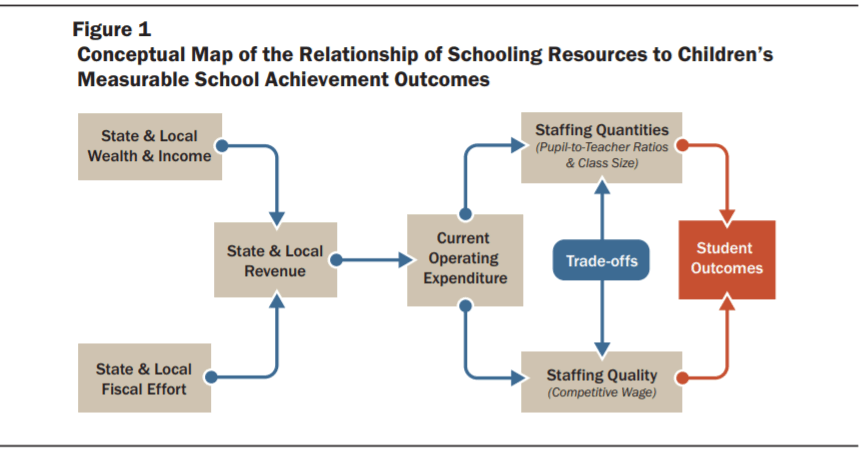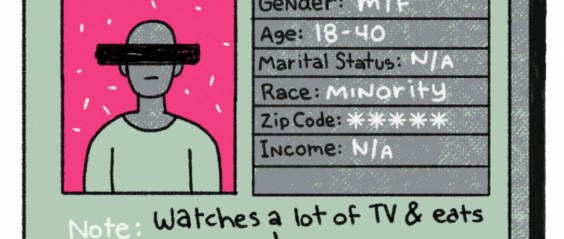Food for Thought
A pair of articles from Route Fifty this week offers a dim outlook for rural America.
The first describes a recent report from Moody’s Investors Service, which warns that job and population loss in much of rural America threaten local governments’ finances. The report stated that of the country’s roughly 2,000 rural counties, 69 percent had fewer people working in 2017 than in 2007, and from 2010 to 2017, the country’s rural population declined by 0.5 percent compared to an increase in the urban population of 6 percent.
The second article looks at the damage of Trump’s trade war on agriculture states, citing rising costs and cancelled contracts as two examples of the impact of the trade war.
Dropping Knowledge
The Learning Policy Institute released a research brief this week on impact of money on education, a highly debated issue. The brief, “How Money Matters for Schools,” breaks down the findings from a December report on the same topic. Among those findings are:
- Money matters: “Improvements in the adequacy and equity of per-pupil spending are positively associated with improved student outcomes.”
- Schooling resources that cost money, such as smaller class sizes, early childhood programs, and more competitive teacher pay are positively associated with student outcomes, especially for low-income and lower-achieving students.
- More equitable and adequate funding improve outcomes from graduation rates to education attainment and wages
The brief is a nice summary of the research on the impact of money on education. The diagram below provides a model of the relationship between funding and student outcomes.

For Your Consideration
This week’s Weekly Insight presents highlights from David Osborne’s (author of Reinventing America’s Schools) presentation to the North Carolina Association of Public Charter Schools conference. In the presentation, he talks about New Orleans as a model for his vision of a 21st century school system. Earlier this week, the Education Research Alliance for New Orleans released a policy brief on the impact of the New Orleans school reforms on educational outcomes through 2014.
The report finds:

What we're reading
Health Insurers Are Vacuuming Up Details About You — And It Could Raise Your Rates
Without public scrutiny, insurers and data brokers are predicting your health costs based on data about things like race, marital status, how much TV you watch, and whether you pay your bills on time.... Read the rest-
How the Enlightenment Ends
-
‘My brain feels like it’s been punched’: the intolerable rise of perfectionism
-
Mentors matter: Good teaching really can be passed down to student teachers, new research finds
-
Why bad technology dominates our lives, according to Don Norman
-
Electric scooters on collision course with pedestrians and lawmakers
-
SNAP Expected to be Harder to Use at Some Farmers Markets


